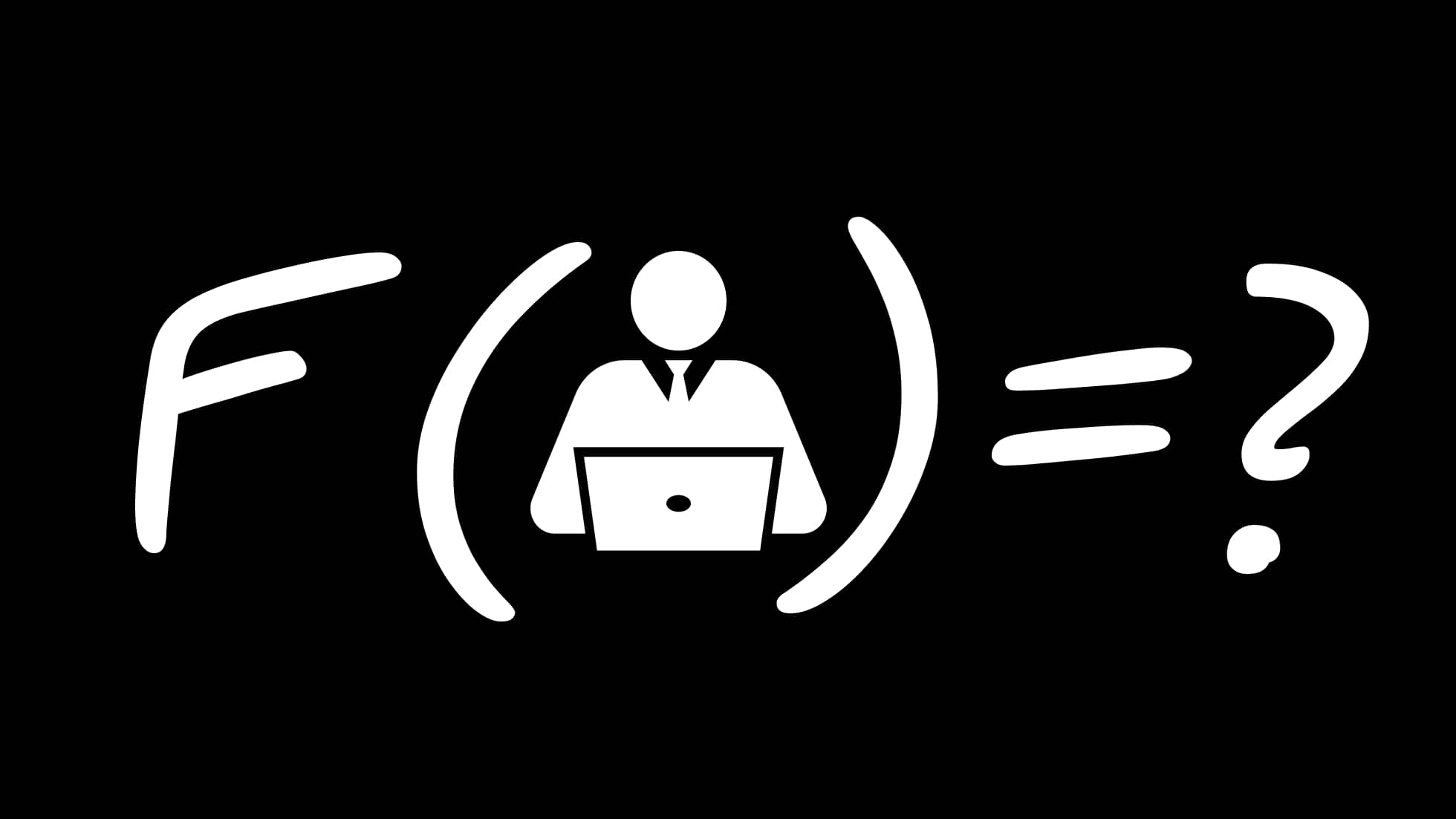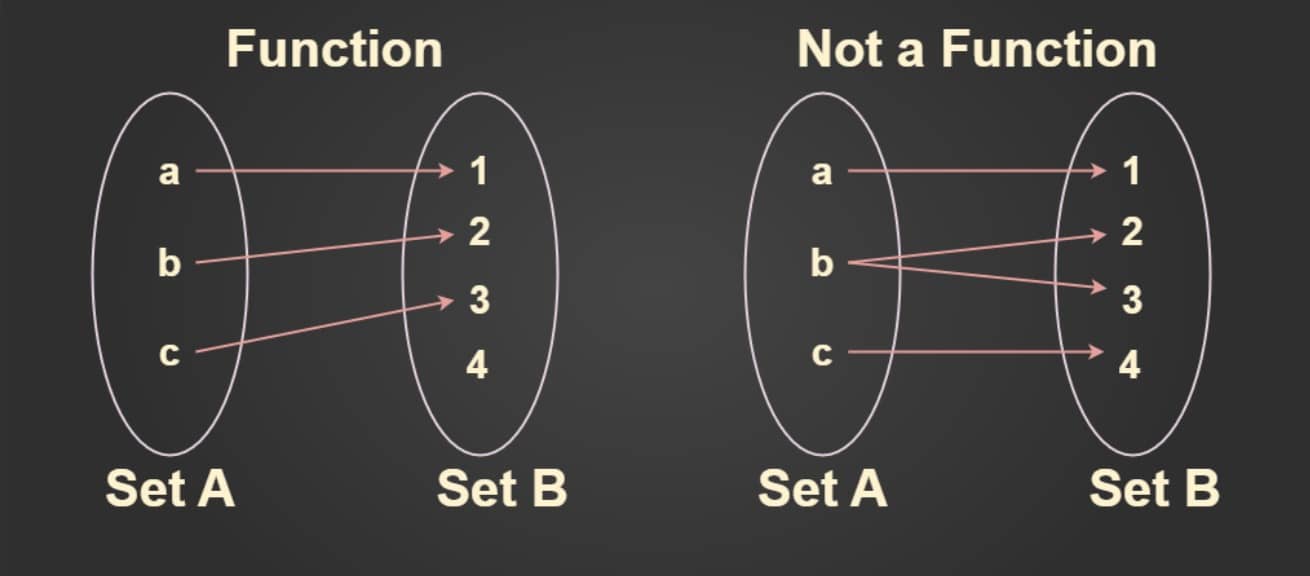Team Results Are a Function of Its Members

I’ve got something that’s been buzzing in my brain for a while now. After 20+ years in the software development trenches, working with countless teams and projects, I’ve come to a pretty good conclusion. But before I spill the beans, let me tell you a little story.
My wake-up call: The developer I wanted to help
Earlier this year, I hired this developer to work on a product I’d bootstrapped. Nice guy, great communication skills - I really liked him. But here’s the kicker: the results were… well, let’s just say they weren’t up to snuff.
I thought, “Maybe it’s just this project. Let’s give him another shot.” So I put him on a different project. And guess what? Same story, different day.
That’s when it hit me like a ton of bricks: Team results are functions of their members.
What the Heck is a Function?

Okay, let’s take a quick trip down math lane. Don’t worry, I promise it won’t hurt! A function is basically a mapping from an input to an output. Simple, right?
How This Applies to Teams
Here’s the mind-bender: a mediocre team is always capped. Give them similar projects, and you’ll get similar results. Every. Single. Time.

Ever wonder why some tech companies always seem to be playing catch-up, creating knockoffs instead of innovating? That’s their team function at work!
The Management Twist
Now, let’s say you throw some fancy management into the mix with our mediocre team:

Things might improve a bit. Maybe you’ll get higher quality output. But don’t expect miracles - you might even slow things down!
On the flip side, you’ve got these one-person productivity powerhouses - the indie hackers. These folks are like human Swiss Army knives, churning out product after product.

Why? Because their “function” is primed for execution. They’ve got the skills, the motivation, and the know-how to ship fast and ship often.
Remember my story about giving that developer a second chance? Well, here’s what that looked like in function-speak:

Expecting a mediocre developer to suddenly excel on a new task? That’s like expecting 2+2 to equal 5 just because you really want it to.
So, What’s the Game Plan?
Figure out your team’s “function”: What are their strengths? Weaknesses? How do they perform under different conditions?
Experiment with management: Sometimes, the right leadership can nudge that function in a better direction.
Focus on your weakest links: Improving the skills of your poorest performers can have a big impact on the overall team function.
Be realistic: Don’t expect radically different results from the same people doing the same type of work.
Here’s the bottom line, folks: If you keep the input (team members) the same, don’t be shocked when the output (results) doesn’t change much.
So, what do you think? Does this resonate with your experience? Or am I off my rocker? Drop a comment below - I’d love to hear your thoughts and start a discussion!
And hey, if you found this interesting, why not subscribe to my email list?
